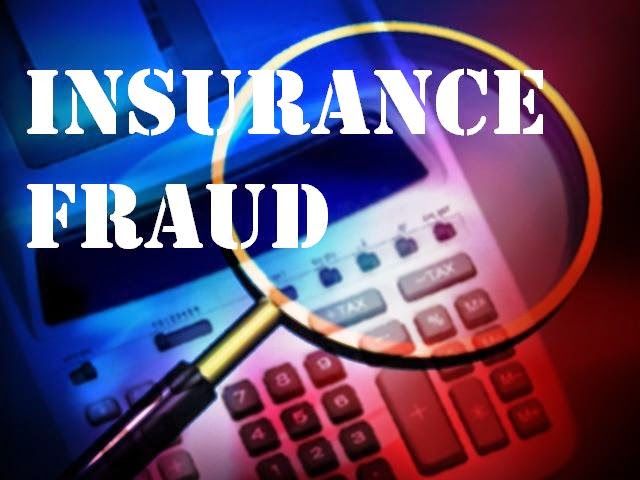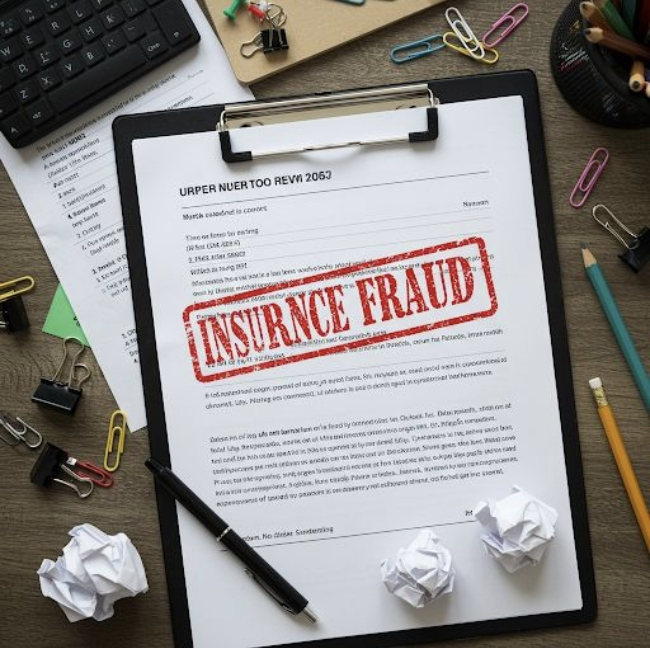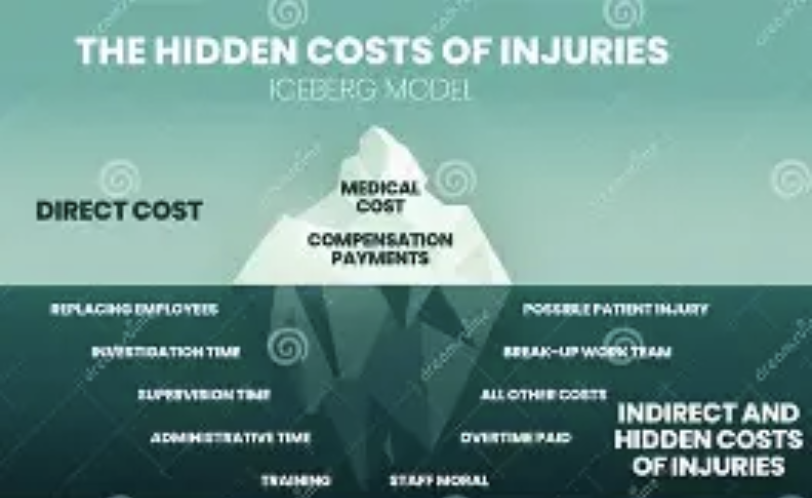The insurance industry has long been regarded as a symbol of protection and security. People purchase insurance as a safeguard against the uncertainties of the future. Whether it's auto insurance, health insurance, or life insurance, these policies play an extremely important role in our lives. Yet, lurking behind this facade is a little-known dark side: insurance fraud. This practice not only inflicts massive financial losses on insurance companies but also severely erodes the industry's credibility, potentially undermining society's entire integrity system. So, how exactly does insurance fraud occur? What tactics and complex social factors drive it?

First, we must recognize that insurance fraud is often orchestrated by individuals or groups with malicious intent. These perpetrators may be ordinary consumers, insurance professionals, or even third-party intermediaries closely collaborating with insurance companies. They fabricate losses that appear genuine by using false information, forged documents, or even manipulating accident scenes to fraudulently claim insurance payouts. For instance, some vehicle owners may deliberately stage accidents or damage their own vehicles, then claim it was an accident to seek compensation from insurers. Similarly, some health insurance policyholders may forge medical records or exaggerate their conditions to fraudulently obtain high medical reimbursements.
The success of these scams largely relies on information asymmetry between insurers and consumers. Often, consumers lack sufficient insurance knowledge to detect fraud, while insurers require extensive data and investigations to verify claims—creating opportunities for criminals.
Moreover, as insurance products diversify and technology advances, fraudulent methods continue to evolve. For instance, with the rise of digital technology, some criminals are leveraging new tools like online platforms and virtual currencies to commit cross-border insurance fraud. Even sophisticated fraud rings can utilize deepfake technology to create flawless false evidence, making detection extremely difficult.

Insurance fraud is not limited to individuals. Corporate-level insurance fraud also exists. Large corporations may defraud insurers of substantial payouts by falsely reporting losses or exaggerating accident damages. For instance, companies facing financial crises might deliberately inflate the impact of natural disasters or fabricate incidents like warehouse fires to secure inflated compensation. When such schemes are exposed, they often inflict severe reputational damage across the entire industry.
Crucially, the consequences of insurance fraud extend far beyond financial losses for insurers and consumers. Its societal impact is equally profound. Insurance is fundamentally a product of collective trust, yet the proliferation of fraudulent activities erodes this trust. As more false claims are exposed, public confidence in the entire insurance industry gradually diminishes, driving up operational costs for insurers. Ultimately, it is the honest and trustworthy consumers who suffer.

In response to the escalating prevalence of insurance fraud, the industry and regulatory bodies are continuously strengthening anti-fraud measures. For instance, many insurers have established dedicated anti-fraud departments that leverage big data and artificial intelligence to conduct precise analysis and screening of claims, minimizing the influx of false information. Additionally, governments are progressively refining relevant laws and regulations to promote industry transparency and fairness. While these measures have yielded some results, completely eradicating insurance fraud still requires concerted societal efforts to enhance integrity awareness and strengthen legal enforcement.
Ultimately, the existence of insurance fraud is not merely a matter of laws and systems; it represents a severe test of society's moral and integrity framework. Only when everyone embraces sound values and recognizes the importance of integrity can the insurance industry truly return to its original mission—safeguarding the future of every individual.




